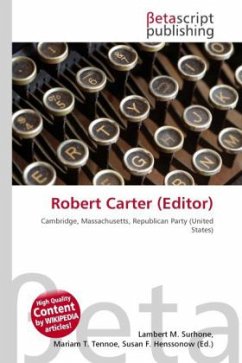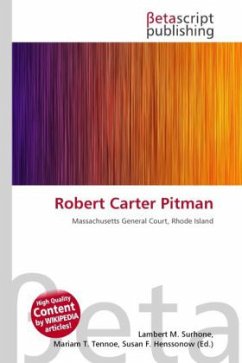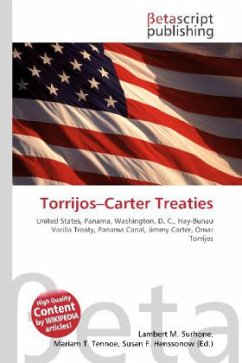High Quality Content by WIKIPEDIA articles! Robert "Councillor" Carter III (February 1727/28 March 10, 1804) was an American plantation owner, founding father and onetime British government official. After the death of his wife, Frances Ann Tasker Carter, in 1787, Carter embraced the Swedenborgian faith and freed almost 500 slaves from his Nomini Hall plantation and large home in Williamsburg, Virginia. By a "Deed of Gift" filed with the county in 1791, he began the process of manumitting slaves in his lifetime. His manumission is the largest known release of slaves in North American history prior to the American Civil War and the largest number ever manumitted by an individual in the US. King George II appointed Carter to the Virginia Council. He continued to serve by a reappointment by King George III. Later, despite expressing support of the crown after George III's repeal of the Stamp Act 1765, Carter resigned as Councillor and eventually supported the American cause in the Revolution. In the two decades after the Revolutionary War, numerous slaveholders in the Chesapeake Bay area freed their slaves.
Bitte wählen Sie Ihr Anliegen aus.
Rechnungen
Retourenschein anfordern
Bestellstatus
Storno








